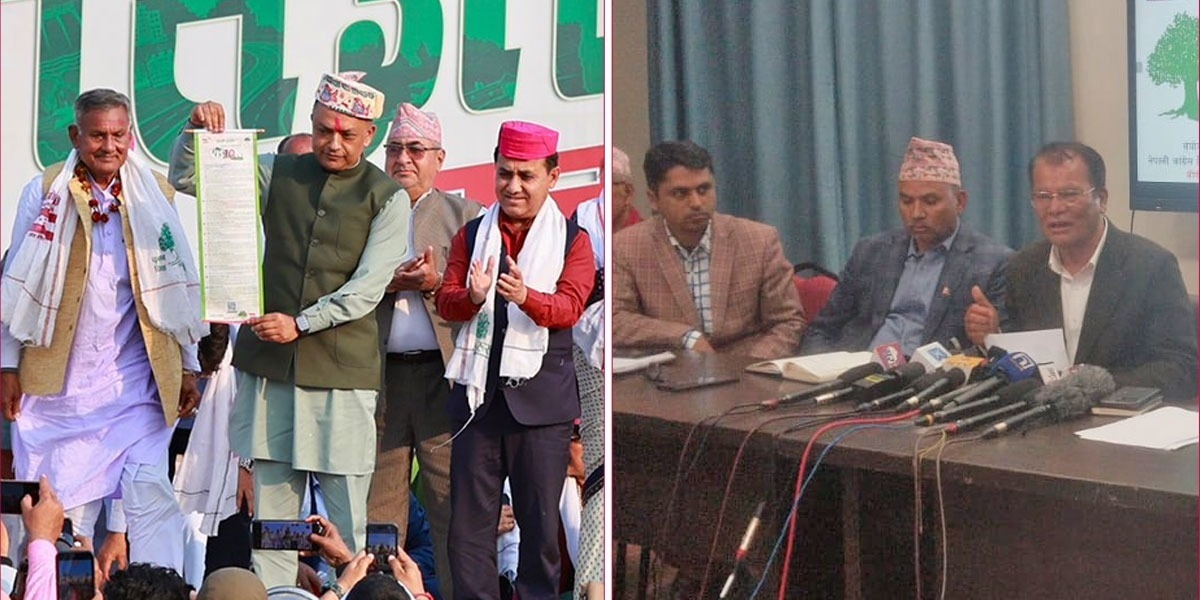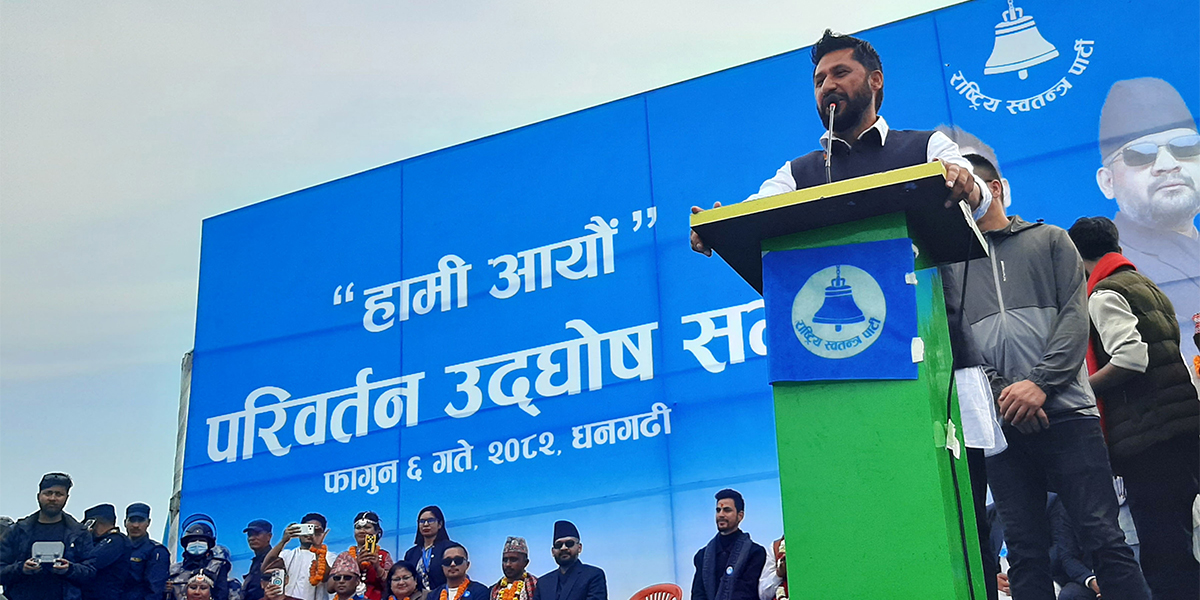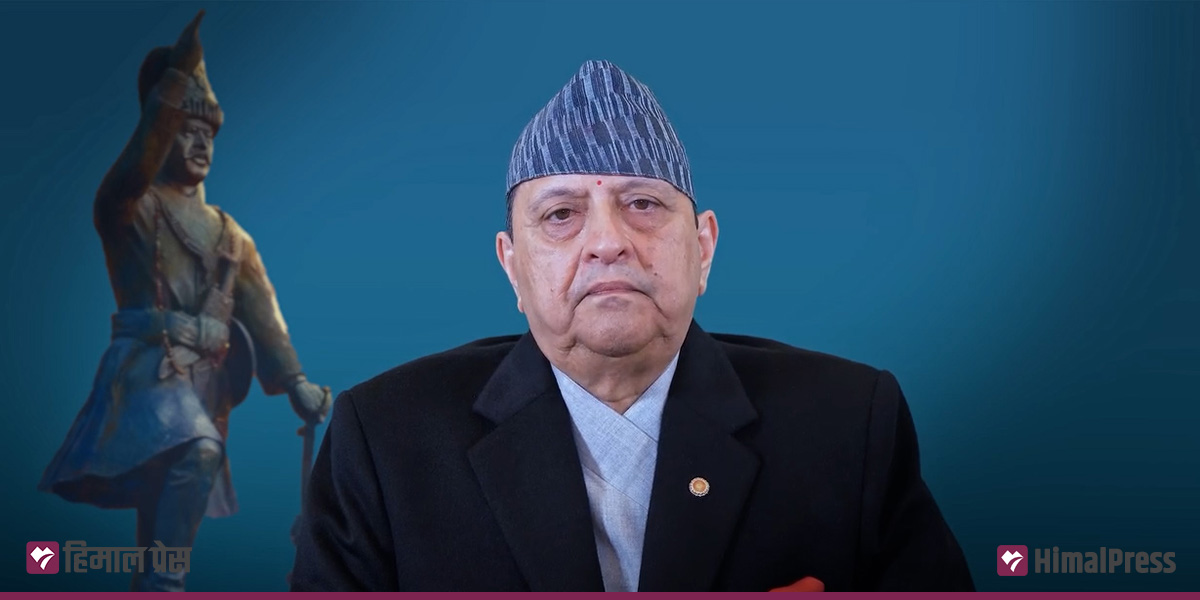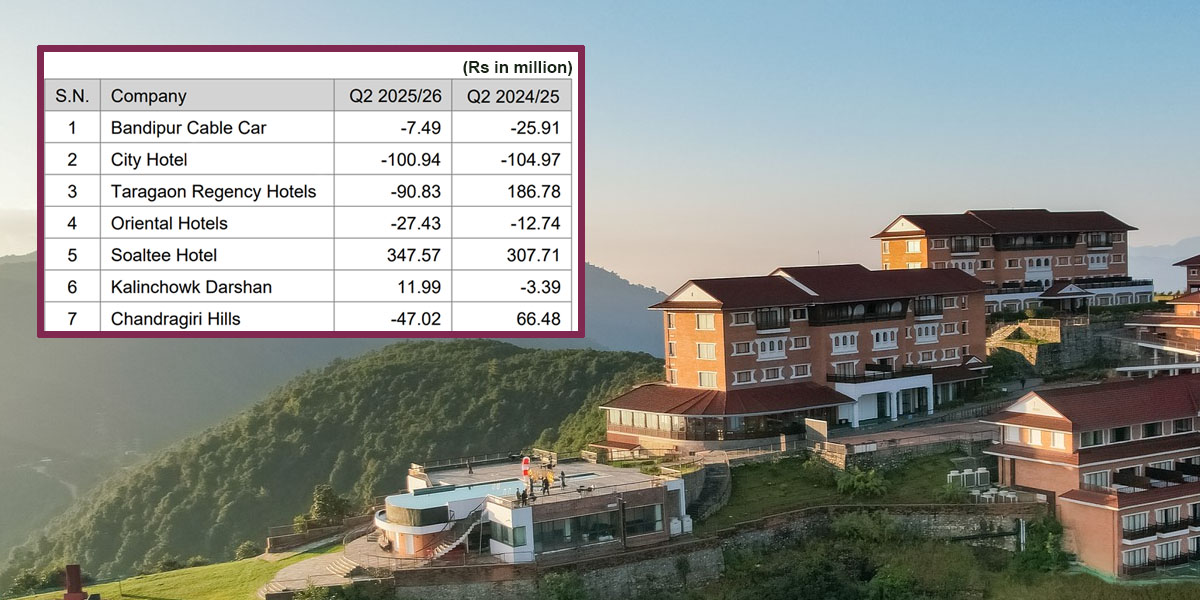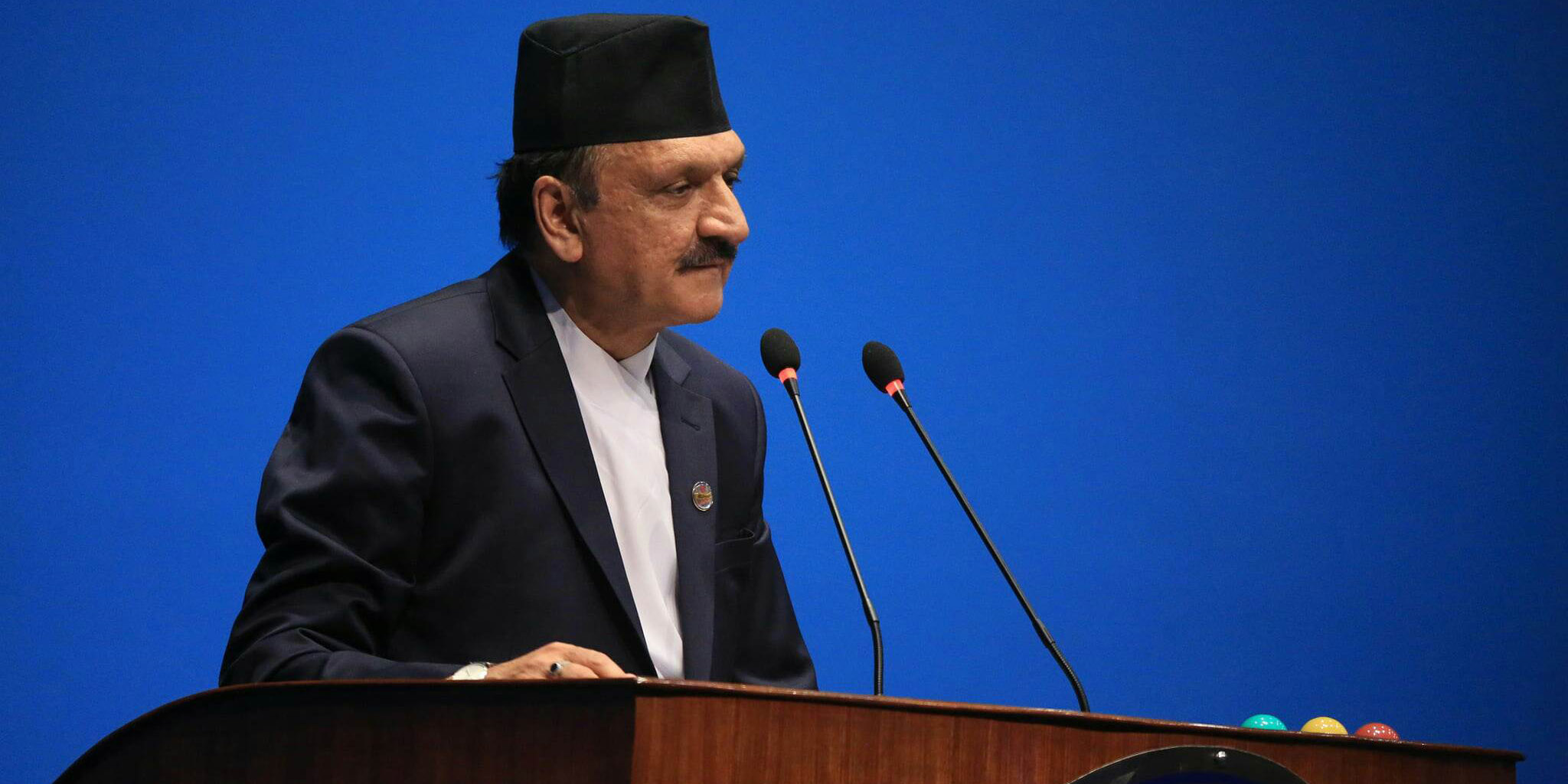
KATHMANDU: The government has presented a budget of Rs 1,751.31 billion for the upcoming fiscal year 2023/24, reflecting a 2.37 percent reduction compared to the current fiscal year’s allocation. Despite economic pressures, the budget size seems to strike a balance. However, it is worth noting that the exclusion of controversial programs like the infrastructure development program and the Prime Minister’s Employment Program could have provided additional room for size reduction.
Despite the budget size not meeting the expected reduction, Minister for Finance Dr Prakash Sharan Mahat has set a modest revenue target. The goal for the upcoming fiscal year is to collect Rs 1,248 billion, which appears achievable.
The budget’s objective is to sustain a 6 percent economic growth rate and keep inflation at 6.5 percent, which seems reasonable. In the current fiscal year, the government had initially aimed for an ambitious growth target of 8 percent. However, due to internal and external economic pressures, the actual growth is estimated to be around 2.16 percent only.
Ruthless cost-cutting
Finance Minister Mahat has taken decisive measures to reduce government spending, following in the footsteps of his brother, former finance minister Dr. Ram Sharan Mahat.
As part of these efforts, the government has made the decision to eliminate 20 public enterprises that have been incurring losses. Additionally, government offices, public institutions, development committees, and trusts that have become obsolete and are unable to fulfill their intended purpose will be merged or terminated to minimize public expenditures.
Furthermore, all types of allowances have been abolished, while employee salaries remain unchanged. Minister Mahat has also announced that the government will refrain from purchasing new motor vehicles in the upcoming fiscal year. Additionally, the government plans to auction off vehicles and other assets that are no longer in use, contributing to cost-reduction efforts.
The government has said that there will be no construction of new buildings in the new fiscal year Furthermore, the government has announced that instead of providing fuel, cash will be given to individuals who receive motor vehicle facilities from the government. This step aims to discourage the practice of obtaining fuel coupons from government offices even when the vehicles remain unused.
Another positive aspect of the budget is the government’s decision to unbundle the Civil Aviation Authority of Nepal (CAAN) into separate regulatory and service provider units. This move had previously been introduced as a bill in 2019. But it couldn’t proceed forward. The unbundling of CAAN is expected to address concerns raised by the European Union (EU) and potentially lead to Nepal’s removal from the EU Air Safety List.
Focus on job creation
The primary objective of next year’s budget is to enhance production and productivity. To achieve this, Minister Mahat has focused on implementing small and feasible programs rather than large-scale plans. Special attention has been given to the tourism sector and micro and small industries.
In order to promote self-employment among the youth, the government has emphasized innovation. A budget allocation of Rs 1.25 billion has been designated to support startups. Additionally, the government has introduced a provision that allows companies to be registered with a minimum paid-up capital as low as Rs 100. Previously, the minimum requirement for paid-up capital was Rs 100,000, and taxes were levied based on this amount.
The budget appears to provide relief to small enterprises by eliminating the requirement of monthly tax filing. Furthermore, the removal of limits on foreign direct investment (FDI) and the provision of discounts on various registration fees are among the appealing aspects of the budget.
The budget states that the government will introduce legislation to regulate conflicts of interest. If successfully implemented, this measure would contribute to improving the business and political environment in the country.
The budget places a strong emphasis on generating employment through increased agricultural production. To achieve this, the government plans to promote indigenous crops. Additionally, the budget ensures the continuation of grants for various agricultural pocket programs.
Mahat has shown boldness by considering the cultivation of cannabis for medicinal purposes. This is a significant step, as cannabis cultivation has proven to be a lucrative source of income in many developed countries. While the topic has been discussed in the past, this is the first time that the government has shown a serious commitment to addressing it.
The government has allocated Rs 30 billion for chemical fertilizer subsidies in the upcoming fiscal year. Simultaneously, it has announced that the Investment Board Nepal (IBN) will initiate work to establish a fertilizer plant in Nepal. However, a past study conducted by IBN showed establishing such a plant may not be feasible in Nepal.
In a shift from previous practices, the budget emphasizes that grants will be distributed based on production and productivity rather than directly subsidizing inputs like fertilizers and seeds. This change is expected to help control the misuse of subsidies.
The budget has allocated Rs 58.98 billion for the Ministry of Agriculture in the fiscal year 2023/24, an increase from the Rs 55.97 billion allocated in the current fiscal year.
No new programs
Mahat has chosen to prioritize the completion of ongoing projects rather than announcing new major projects in the budget.
The infrastructure projects outlined in the budget appear to be feasible. The budget has allocated Rs 100.31 billion for the Ministry of Physical Infrastructure and Transport for the coming fiscal year. The finance minister has refrained from introducing new projects. This shift in approach aims to break the pattern of announcing large projects in budget statements that often remain unrealized for extended periods.
Additionally, the government has announced its commitment to provide electricity to the entire population within two years. Given that 95% of the population already has access to electricity, this goal seems achievable. Approximately 900 MW of power will be connected to the grid in the upcoming fiscal year, which would increase the total grid supply to 3,600 MW. However, the budget has failed to address the issues of electricity consumption or the marketing of electricity produced in the country. The budget has set aside Rs 460 million to construct access roads for cement plants and star hotels. which is expected to stimulate private sector growth. In an effort to simplify the process for Nepali youth seeking overseas employment opportunities, the government has announced that local units will be allowed to issue labor permits.
However, there are concerns regarding certain aspects of the budget, such as the plan to strengthen district coordination committees. Experts have long been advocating for the elimination of the district structure, considering it unnecessary in the current governance framework.
The finance minister has reintroduced a controversial program through the budget by allocating funds for the Infrastructure Sector Development Program to be administered by lawmakers. This program had been discontinued two years ago.
The government has allocated Rs 50 million for each electoral constituency, resulting in an additional financial burden of Rs 8.25 billion for the state. However, the budget specifies that these funds can only be used for programs related to agriculture, irrigation, and drinking water supply, among others, and that projects with a budget less than Rs 10 million are ineligible for these funds.
Several significant road projects, including the Kathmandu-Tarai Madhesh Expressway, East-West highways, and north-south corridor road projects, have been prioritized and allocated funds.
Overall, the budget demonstrates positive aspects such as reducing general expenses, terminating unnecessary government structures, keeping records of public assets, and creating an environment conducive to domestic and foreign investments.
The budget’s emphasis on production and productivity, reducing wealth disparity, fostering sustainable and inclusive economic growth, environmental conservation, disaster management, reforming the public finance system, and implementing stricter criteria for awarding contracts to projects only after sites are cleared are commendable aspects.
Overall, Mahat has presented a well-balanced budget. Noted economists Dr Bishwa Paudel, Dr Gunakar Bhatta, and Dr Posh Raj Pandey, who were brought to the Ministry of Finance for budget preparation, seem to have provided valuable support to Mahat and the finance ministry during the budget formulation process.


